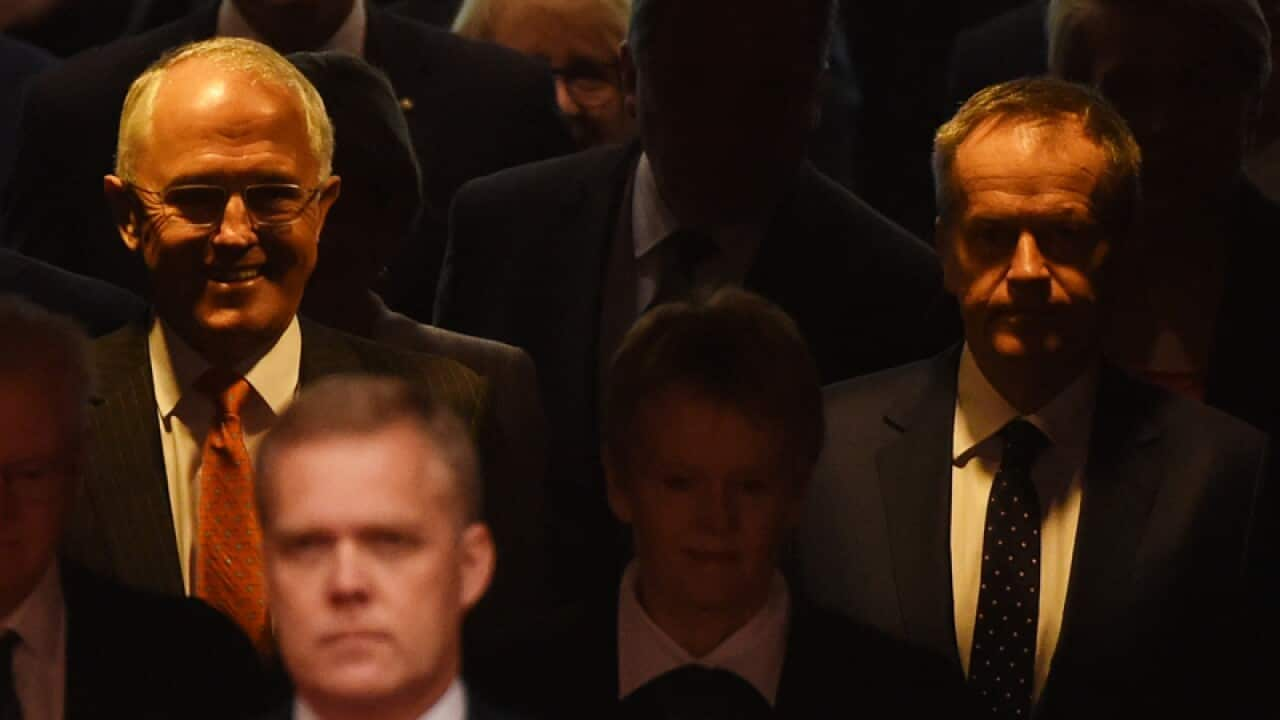It might not be official yet but Australia is embarking on one of the longest election campaigns of recent political history.
Unlike other prime ministers who have closely guarded the election date until the last moment to maximise tactical advantage, Prime Minister Malcolm Turnbull stood up on Tuesday and revealed there would be a double dissolution election on July 2.
This means the nation is now in election mode - though the campaign proper doesn't officially start until the prime minister goes to Governor-General Peter Cosgrove to dissolve parliament.
That will happen after the budget on May 3.
With the date now chosen, political parties now have a mammoth 75 days to convince voters where to place their vote on July 2.
In contrast, election campaigns in 2010 and 2013 each lasted for about five weeks.
Mr Turnbull told parliament the election would be about trust, recycling John Howard's campaign message from 2004.
"Who do you trust to ensure that Australia continues successfully to transition from an economy fired up by a mining construction boom to one that is more diverse, more innovative, more productive, more open to the world," he said.
Opposition Leader Bill Shorten said Labor was ready and would offer policies that placed people first.
He nominated jobs, education, health, renewable energy and a fair taxation system as his priorities.
The July poll will be the first double dissolution election since 1987. There have only been six double dissolutions elections since Federation.
That means all 150 House of Representatives seats and all 76 Senate places are up for election. In most elections, all MPs face re-election but just half the Senate.
Should Malcolm Turnbull be re-elected he will likely make good on his threat to hold a joint sitting of parliament to pass controversial legislation to reinstate the building unions watchdog.
That's happened just once before.
In 1974 the re-elected Labor government of Gough Whitlam used its combined majority in the House of Representatives and Senate to overcome coalition intransigence in the Senate to give us Medicare.

